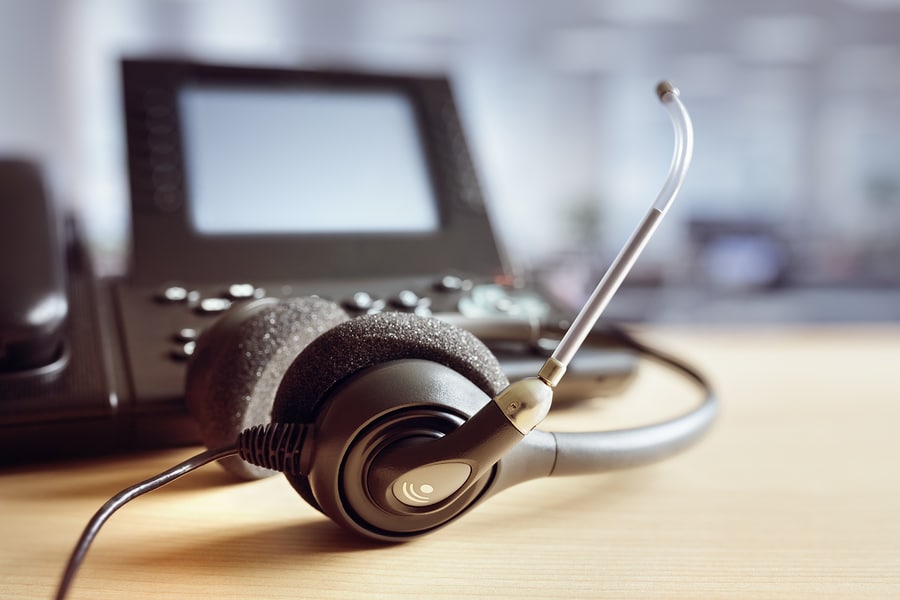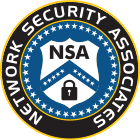The advantages of VoIP grow every year for businesses, but it’s important for practices with HIPAA security concerns to carefully vet this and other technologies before adopting them — or, barring that, carefully assess the technology they’ve already adopted to close loopholes and maintain stringent compliance. Here’s a look at how VoIP compares to traditional telephony for network security solutions, what VoIP security looks like and how to ensure your system is as safe as possible.
VoIP Vs. Traditional Telephony
Traditional telephone services operate using what’s known as the public switched telephone network (PSTN), but did you know even traditional PSTN connections now travel, in part, over the internet? This means, any vulnerabilities which exist in a VoIP system can exist in a PSTN system — with the added concern that it’s relatively simple for a determined attacker to physically hack into your analog telephone lines and record anything and everything that comes through.
Exposure on PSTN only grows when you add various modern amenities, such as PBX used for business lines; in these cases, and many others, a well-encrypted VoIP system is far more secure and reliable. Add in PBX component failures, dated security protocols as PSTN and PBX fall out of favor, and VoIP offers a consistency that’s difficult to argue with — and far safer for your patient, vendor and employee data to travel on.
Maximizing Security

Of course, all VoIP is not created equal. There are a few factors you’ll want to consider:
- HIPAA-compliant service providers are a particular subsection of VoIP providers, so don’t assume just any business telephone service will be adequate. Certain VoIP features are wholly non-compliant and must be disabled, while other aspects of compliance/” title=”HIPAA”>HIPAA compliance involve the technologies used by the company; encryption, handling of data between endpoints, etc.
- Otherwise, user error will be the biggest risk with VoIP security (and most other network security solutions). Make sure you educate yourself on digital best practices, then disseminate this information to everyone who will be using your networks — for their sakes and the sake of your practice.
Logging and Proactive Protection
VoIP also allows for easy and effective logging of all inbound and outbound traffic, be it calls or other media. This makes it simple to identify problems when they arise, or catch them via monitoring if you pay for in-house or third-party network security solutions.
Modern telephony, even traditional solutions, must have some level of exposure to hacks, accidental breaches and more. VoIP, by comparison, offers a wealth of protective measures that overlap with and integrate with existing network security solutions.
Get Better Network Security Solutions with VoIP
To put it simply, if you’re worried about secure phone lines, VoIP can be the stronger option for a modern practice. Make sure you take the proper measures to secure your lines, ensure safe end-user behaviors and track what’s happening in your system, and you’ll never be taken by surprise. To find out more, contact Network Security Associates today and inquire about our VoIP, HIPAA compliance checks and other network security solutions.

